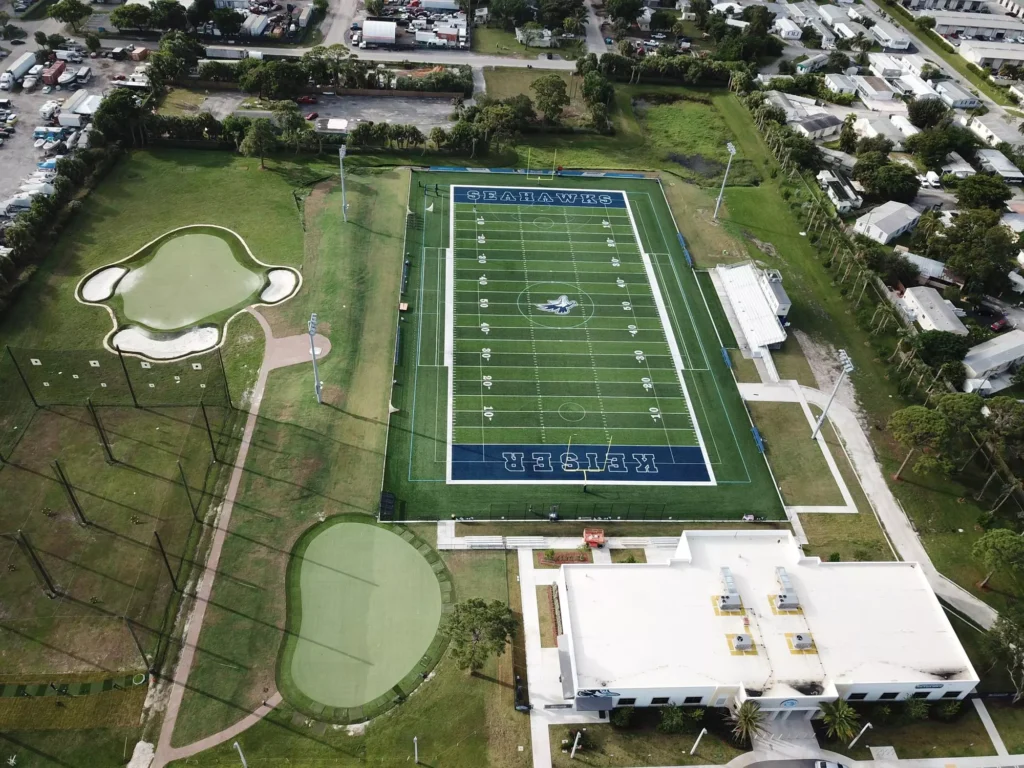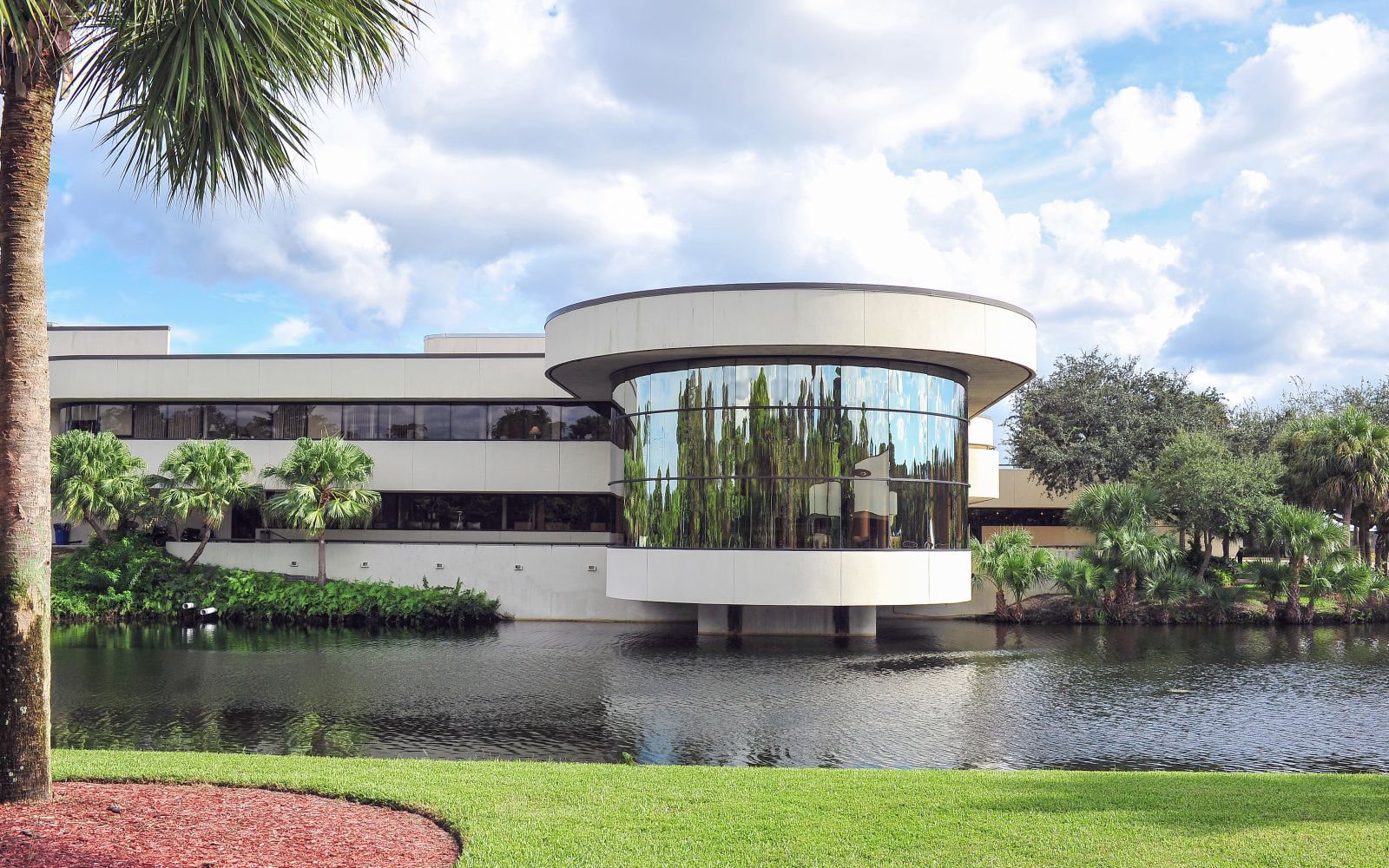Keiser University’s History story begins with Dr. Arthur Keiser and his mother, Evelyn Keiser, who launched a modest career college in Fort Lauderdale, Florida, in 1977. Originally named The Keiser School, it aimed to serve adult learners seeking practical training for high-demand fields like business and healthcare. The Keisers’ innovative approach to teaching filled a crucial void in Florida’s educational system at a period when traditional colleges
placed a higher priority on theoretical education by emphasizing employable skills and flexible scheduling.
Table of Contents

Keiser University History Early Milestones
1977–1982:
The Keiser School Era: Started with hands-on programs in accounting, medical assisting, and electronics technology.
1982:
Renamed Keiser Institute of Technology after adding computer science and paralegal studies
1986:
Became Keiser College upon receiving accreditation to award associate degrees
Keiser University History Growth and Transformation
Expanding Academic Horizons (1986–2006)
The institution evolved from a technical school into a degree-granting college. By 2001, it introduced its first bachelor’s programs in fields like criminal justice and nursing. With a significant name change to Keiser University in 2006, this academic growth came to a head. Its role as a comprehensive university that offers associate’s through doctoral degrees was reflected in the new identity.
Is Keiser University Worth it in 2025
The Non-Profit Transition (2011)
In a landmark shift, Keiser transitioned from a for-profit to a not-for-profit model in 2011. Arthur Keiser sold the university to Everglades College Inc. A non-profit organization that he founded. This action strengthened its reputation and brought operations into line with its mission-driven philosophy.
Accreditation Milestones
Maintained regional accreditation from the Southern Association of Colleges and Schools Commission on Colleges (SACSCOC) since 1991.
Flagship Campus Era (2015–Present)
A game-changing moment arrived in 2015 when Keiser acquired Northwood University’s 100-acre campus in West Palm Beach. This transformed the institution by adding:
- Residential facilities for traditional students
- Global student diversity
- NCAA-level athletics (25 teams, known as the Seahawks)

Academic Innovation and Recognition
Programmatic Growth
Keiser now offers 100+ degrees across critical fields:
- Health Sciences: Florida’s first chiropractic medicine program (2016)
- Technology: Cybersecurity, AI, and data science
- Business: MBA and DBA options
National Rankings
- #1 in Social Mobility (U.S. News & World Report, 2023) for elevating low-income graduates into well-paying careers.
- Top 10% of U.S. universities for return on investment (Money Magazine, 2018)
Economic and Global Impact
Florida Footprint
- 21 campuses statewide, contributing $3 billion annually to Florida’s economy.
- Supports 30,000+ jobs directly and indirectly.
Worldwide Reach
- Accredited international sites in Nicaragua, China, Moldova, Taiwan, and South Korea.
- 66,000+ alumni across 42 U.S. states and 60+ countries
Scholarships and Student Success
In the past two years alone, Keiser has awarded $76 million in scholarships to academic and needs-based students. Graduate testimonials, such as those from paralegal studies graduate Arisnelvys Gonzalez and criminal justice graduate Heather Shapiro, demonstrate the school’s strength in career placement.
Complete Guide Keiser University Course Schedule 2025
Frequently Asked Questions (FAQs)
Is Keiser University regionally accredited?
Yes, by SACSCOC (the gold standard for U.S. higher education accreditation).
Does Keiser offer online degrees?
Absolutely. It provides 100% online programs with flexible scheduling for working adults.
Why did Keiser transition to non-profit status?
To prioritize educational outcomes over profits, enhancing its commitment to student success.
How does Keiser support social mobility?
Through financial aid, career-aligned programs, and community partnerships that help graduates secure high-demand roles.
What makes the Flagship Campus unique?
It blends traditional campus life (dorms, athletics) with Keiser’s career-focused academics on a 100-acre West Palm Beach site.
Final Words a Conclusion
From a single classroom in Fort Lauderdale to Florida’s largest private non-profit university, Keiser’s history embodies innovation, accessibility, and resilience. Arthur and Evelyn Keiser’s founding principle “Students First” remains central 48 years later. With its global footprint, economic impact, and focus on social mobility, Keiser University continues to redefine what a modern higher education institution can achieve. Its evolution mirrors the changing needs of learners, proving that education rooted in real-world relevance can transform lives across generations.






